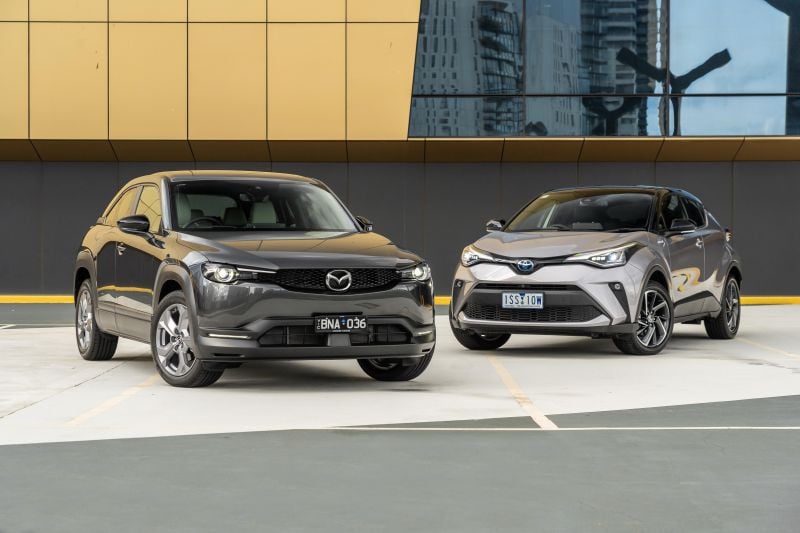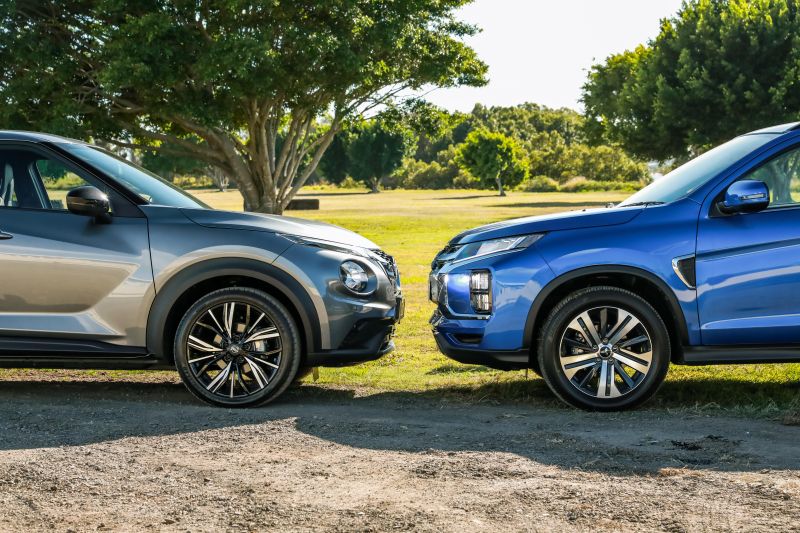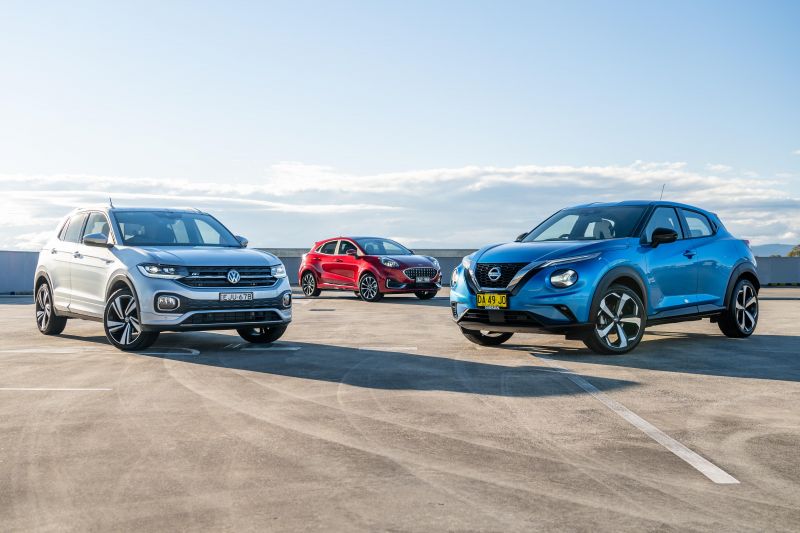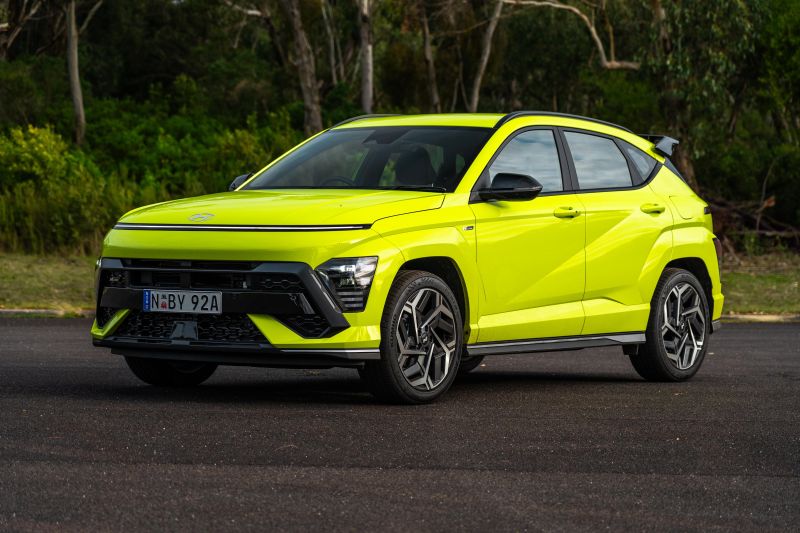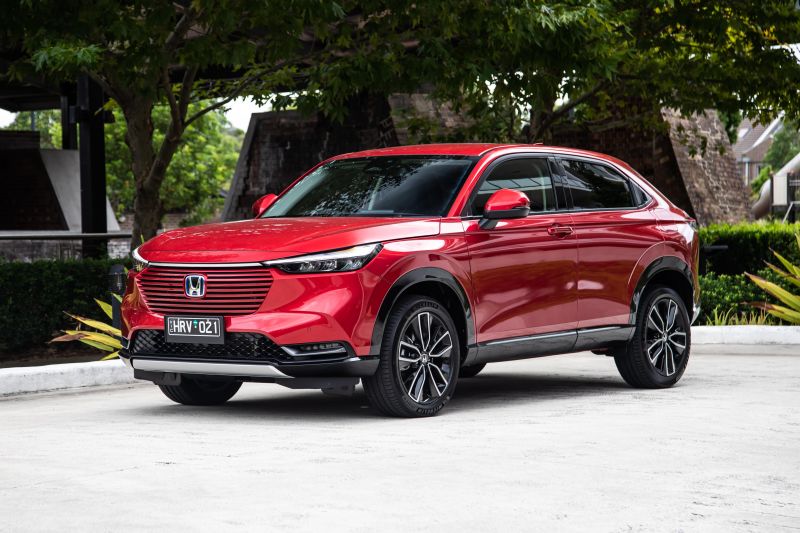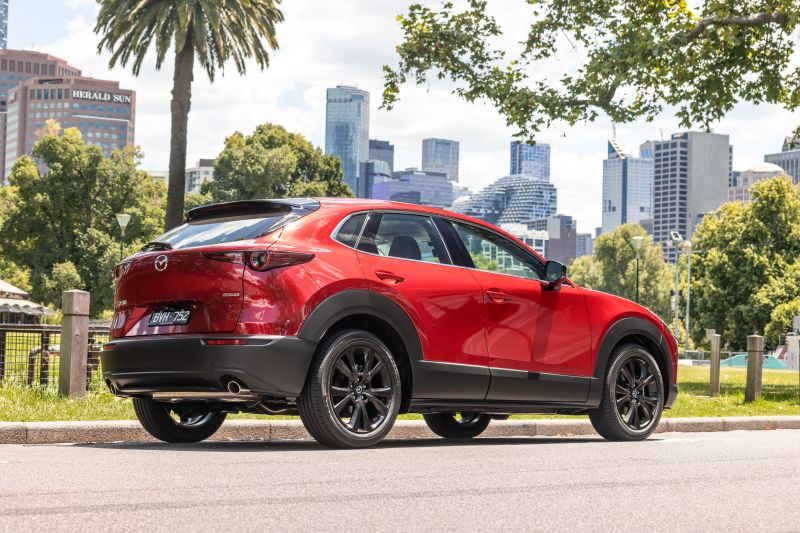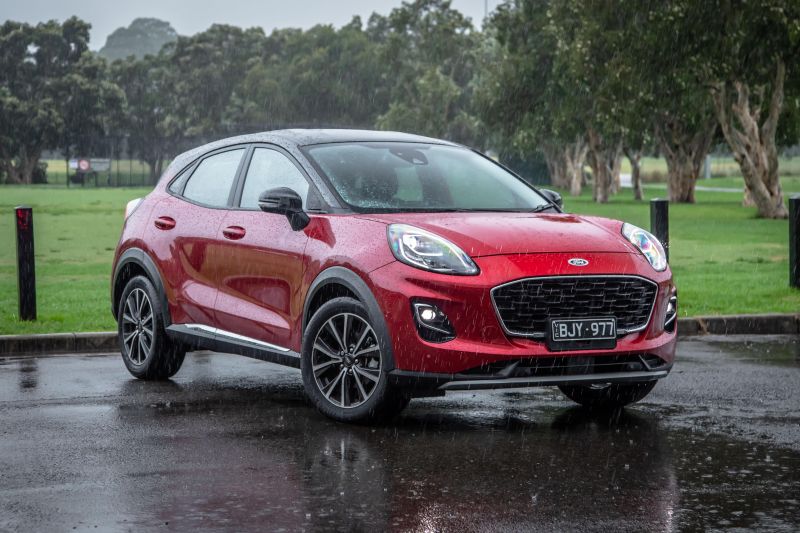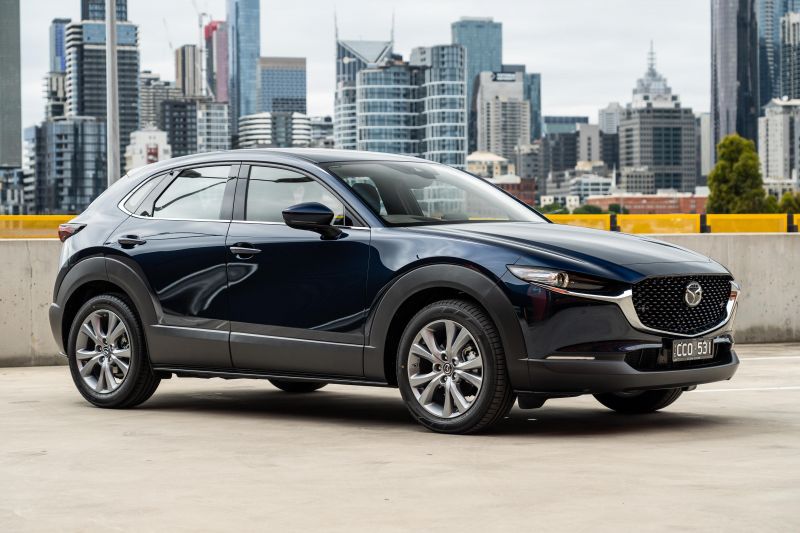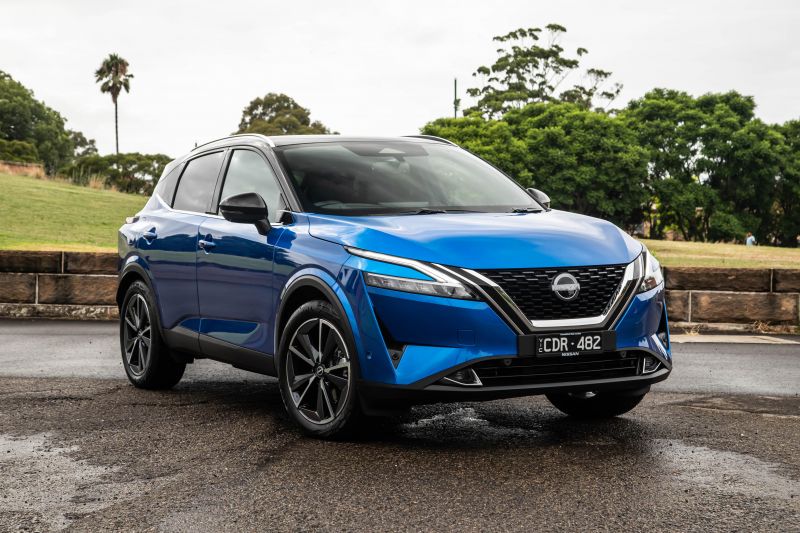They’re everywhere, small SUVs.
Last year, of just over a million vehicles sold in Australia, 123,016 belonged to the mass-market Small SUV segment in VFACTS, which includes top sellers like the MG ZS and Mitsubishi ASX.
Throw in a further 52,756 vehicles from the (rather arbitrarily defined) Light SUV segment, home to the perennially hot-selling Mazda CX-3, and another 20,464 vehicles from the premium small SUV segment, which includes the Audi Q3, and you can see just how popular these cars are.
As the traditional light cars (think Toyota Yaris) and small car (Toyota Corolla) segments shrink in volume, these buyers appear to be transitioning to similarly-sized SUVs – even though that step up in ride height brings with it a step up in price.
It seems as though you can call anything an SUV nowadays, provided there’s some black plastic cladding and a slightly higher hip point.
And so it is with these small SUVs that the vast majority are front-wheel drive, with no off-road capability and arguably little more practicality than small wagons, which are unpopular and therefore virtually extinct here.
For clarity, we’ve bundled in the flock of vehicles from what are referred to as the Light SUV and Small SUV segments in VFACTS.
We’ve also limited our scope to the mass-market Light and Small SUV segments, so there are no Audis or BMWs on our list.
We know this segmentation is generally only known by anoraks, so we’ve published a full list of vehicles below.
Each member of the CarExpert editorial team has picked their choice from the list… well, except for Alborz, who didn’t follow the assignment.
Alborz Fallah: Nothing
These options do not gel with me, mainly because they are pretending to be SUVs and that’s like pretending to have an arts degree. It’s not exactly something to strive for just because every one else has one.
The absolute majority of these cars are just raised hatches whereby manufacturers have worked out that they can charge $3-5k more just by putting on some black body cladding and raising the ride height. I mean seriously, what is a Corolla Cross? Is it a cross-dressing Corolla? Does it identify as an SUV just because it says so?
There is a lot of talk at the moment about the next-generation of cars being the end of the SUV era. I sure hope so, because the small SUV segment is pretty much everything that is wrong with the SUV segment which in itself, is everything that is wrong with the car market.
Scott Collie: Skoda Kamiq
Wow, there’s a lot of choice here.
The bigger new Hyundai Kona is a strong option, as is the older but still excellent Kia Seltos. I like the quirky little Peugeot 2008, too.
The Skoda Kamiq would be my pick, though. It’s the perfect size for tight city streets on the outside, but packs a surprising amount of space inside. The 110TSI engine has enough grunt to make the Kamiq feel quick enough, and it has the same solid, bigger car feeling we’ve come to expect from other Volkswagen cars based on the same platform.
MORE: Skoda Kamiq new car deals
Anthony Crawford: Hyundai Kona
Right from the outset the Hyundai Kona was short on space, especially if you were trying accommodate kids and essential kid kit.
Hyundai obviously listened to its customers who were telling them as much, because the new-generation Kona is a surefire hit with enough space to haul kids, prams and essential gear without compromise.
It’s also a cutting-edge design from any angle – inside and out.
Jade Credentino: Honda HR-V
My vote would be the Honda HR-V. I had the chance to drive it for a week or so earlier this year and it was my first Honda experience as well.
It’s so well-packaged, and you know what to expect price-wise with Honda’s pricing scheme – no nasty disappointments at the dealership.
My favourite features in the top-spec e:HEV L include heated front seats, a heated steering wheel, wireless Apple CarPlay and keyless start – tick, tick, tick, tick!
Jack Quick: Mazda CX-30
The Mazda CX-30 G25 Touring SP – $40,510 before on-roads.
If I was currently looking to buy a Light or Small SUV I’d definitely be considering a hybrid, but none of the current options really get my heart racing.
That’s why I’ve chosen the Mazda CX-30 in blacked-out Touring SP guise with the peppy G25 engine.
The CX-30 with the 2.5-litre naturally aspirated four-cylinder engine is properly warm hatch-like in a straight line, with fun and smile-inducing driving dynamics to match.
It’s not all sunshine and roses however as having halogen DRLs on a car that costs more than $40,000 before on-roads isn’t a great look, and plugging in your phone for Apple CarPlay in the centre armrest can get tiresome.
William Stopford: Ford Puma
I’ve always preferred sedans and wagons, so if I’m going to be convinced to buy a small SUV it will need to be something either tremendously practical or capable of putting a smile on my face.
The Ford Puma may not be the former, but it’s certainly the latter.
It mightn’t be particularly powerful, but it’s remarkably fun-to-drive. One memorable fang along Mount Glorious Road cemented the Puma in my mind as the most enjoyable vehicle in the mainstream Light/Small SUV segments. Sharp turn-in, virtually no body roll, and excellent steering mean this is an SUV you’ll actually want to tackle some twisties in.
The in-car tech is also good and the interior is inoffensive, though rear seat space is lacking.
An electric version is coming next year and I’m curious if it has similarly enjoyable dynamics. What I’d really like to see, however, is for Ford Australia to bring the Puma ST here.
A runner-up for me would be the extremely well-packaged Kia Seltos, or its redesigned Hyundai Kona cousin. The Mazda CX-30 is nice too, but it’s a shame we miss out on the turbocharged 2.5-litre four.
MORE: Ford Puma new car deals
James Wong: Mazda CX-30
Usually I scoff at small SUVs, as in the past they’ve seemed like cash grabs when the equivalent passenger car is no less practical and more capable dynamically.
However in 2023 there are far better choices to be had in Australia, though we’re still fairly limited in terms of electrified options in the segment.
I keep coming back to the Mazda CX-30 as my benchmark. The mix of on-road enjoyment and cabin refinement really isn’t a formula matched by mainstream competitors, and the interior is the nicest compact crossover cockpit this side of something with a premium badge.
All variants come well-equipped out of the box, with good safety and technology inclusions, and you can option the Vision Technology Package for a nominal sum on lower grades to get flagship tech like surround-view cameras and a semi-autonomous highway assistant without having to spend big on the top-dog Astina.
My only real gripe is the lack of a proper hybrid option. The G20e M Hybrid and tricky X20 M Hybrid don’t have a leg to stand on compared to a Corolla Cross Hybrid or Kona Hybrid when it comes to outright fuel savings, and in particular the e-Skyactiv X motor with its much-hyped compression-ignition tech is quite pricey all things considered.
If I was to pick a second alternative, I’d probably go for the Nissan Qashqai or Skoda Kamiq.
If the upcoming Qashqai e-Power series hybrid drives anything like its larger X-Trail e-Power sibling it’ll have the premium powertrain to go with the upscale interior offered in higher grades, while the humble Skoda Kamiq remains a top contender for its punchy and efficient turbocharged powertrains, and smart interior packaging that may make you question whether you need a dimensionally larger vehicle.

